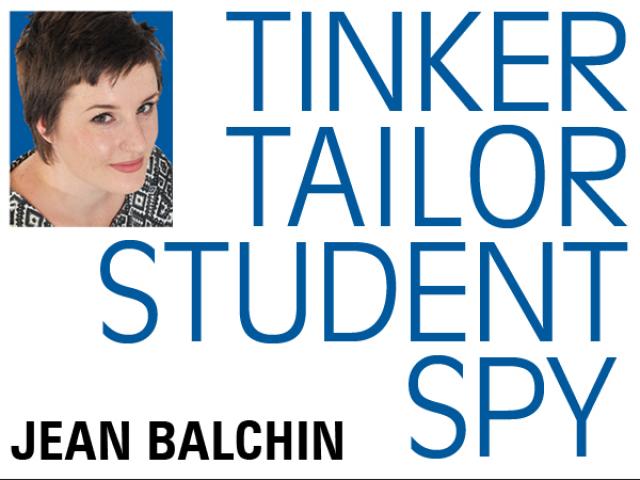
Farrow's incredible writings for The New Yorker in late 2017 helped uncover the Harvey Weinstein sexual abuse allegations, and his subsequent investigations exposed Eric Schneiderman and Les Moonves.
Much has been made about the seemingly inexorable, inevitable, and inescapable decline of longform and investigative journalism. Media cognoscenti have been warning us for at least the past decade of the detrimental influence of ''fake news'', new and intrusive forms of propaganda, and abusive online communications. Populism, political bias and undue corporate influence is on the rise, it seems.
We are to be swallowed by a wave of misspelt, apoplectic tweets from the leader of the free world itself; a veritable tsunami of clickbait, counterfeit claims, and spurious allegations. Hold your breath.
And to an extent, they're right. Readers are moving in droves from the printed paper to the cool glow of the internet, and consequently fewer publications can afford to produce the kind of thoroughly researched narrative non-fiction that once proliferated the pages of our newspapers and magazines.
I'm ashamed to admit that I'm a case example of the fatigued millennial reader; my attention span dictated by the number of characters or emojis allocated to a tweet.
But then, every so often, we're reminded that decent journalism still exists. Last year in particular saw the breaking of a number of thorough considered investigative pieces, from the Guardian's coverage of the Panama Papers to the extensive MeToo movement. Take for instance the Facebook-Cambridge Analytica case, reported on extensively by the Guardian and the New York Times.
This hacking scandal exposed the worst of the media: hacking, illicit data-harvesting, bribery and collusion on the part of Facebook and Cambridge Analytica.
But it also brought an incredible array of journalists out of the woodwork, leading to a better public understanding of personal data and a call for the tighter regulation of tech companies' use of data.
And why is this investigative journalism so important? Well, journalism can hold individuals and institutions accountable in a way no-one else can.
Investigative journalism in particular reaches its zenith when it unmasks potential abuses of power, or when it creates a system of monitoring powerful and vested interests, thereby enabling one to check abuses of power. In short, investigative journalism acts as a watchdog in the public interest.
So this is my call to you: support good journalism.
Your support can begin at the local level, by subscribing to local newspapers, or becoming a member at your public broadcasting station. Celebrate your local journalists, provide them with feedback and share their stories online.
Subscribe to their podcasts, and attend their local events. What's more, you should support journalism about the causes you care about. Do you feel passionately about improving young people's mental health and lowering our national suicide statistics? Perhaps you could support fantastic media campaigns such as The New Zealand Herald's series ''Break the Silence'' on youth suicide. It's also important to support a mix of media; supplement your media intake by perusing local, national and international news sites, papers, radio stations and channels.
If you can, support the organisations defending newsrooms and journalists against legal, technological and cultural threats to the freedom of the press.
Fear not. Hard-hitting, quality journalism is still out there; journalism that informs, illuminates and inspires us, journalism that exposes publicly significant issues and calls to task those who need to be held accountable for their actions.
That's not to say that we ought to be complacent however.
As readers, buyers, consumers of media in all its multifaceted glory, we need to continue to support and uphold those writers who are passionate about truthfulness and transparency, those who are respectful of their subjects, and who are driven by an admirable and unrelenting desire to serve the public good.
-Jean Balchin, a former English student at the University of Otago, is studying at Oxford University after being awarded a Rhodes Scholarship.












